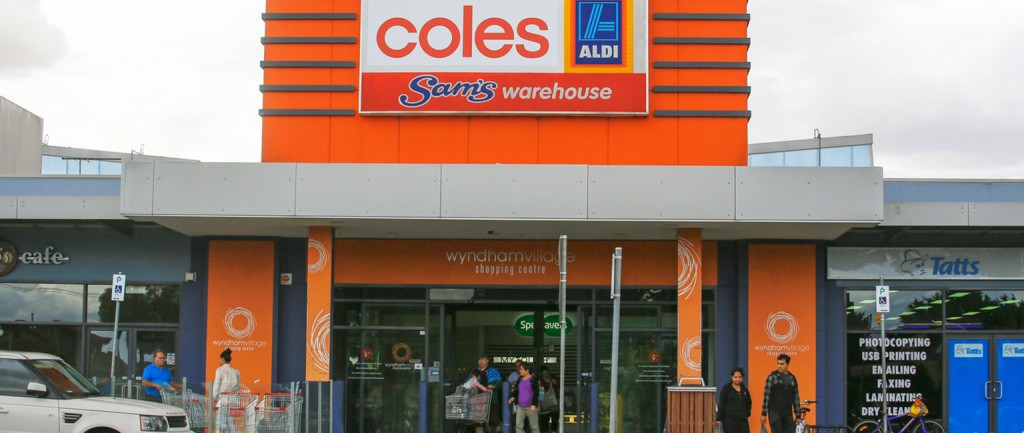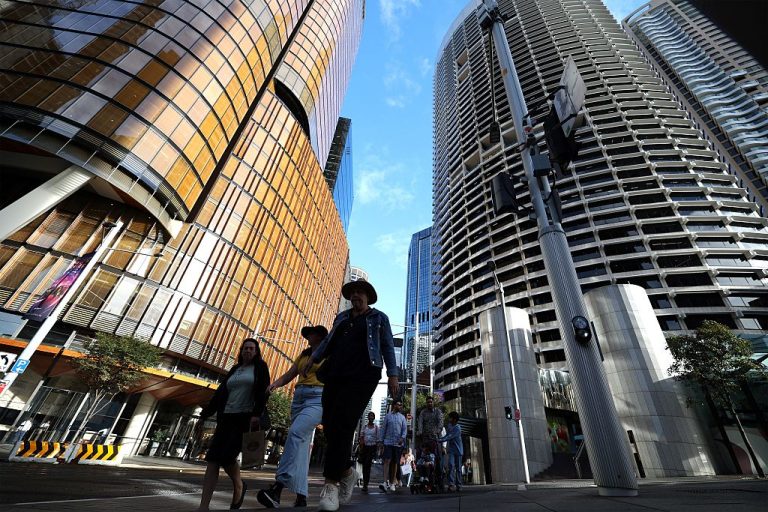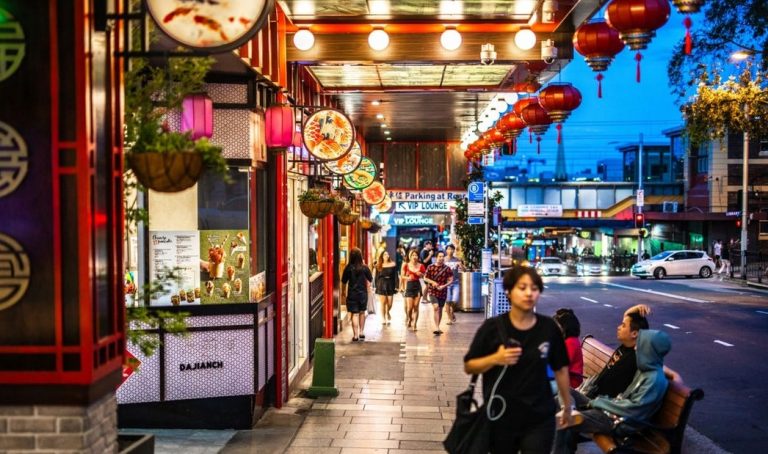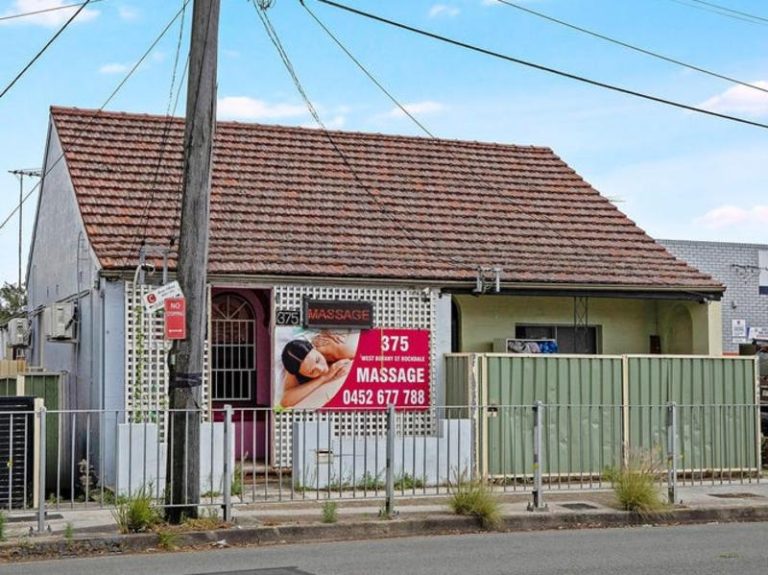Supermarkets to swoop on strip shops

Can you ever have too many supermarkets?
New research shows Australia could be understocked for grocery stores and lags way behind the UK and the United States when it comes to supermarket supply.
Despite German discount giant Aldi opening more than 360 stores here since 2001, it still might not be enough, and one of Australia’s leading commercial real estate companies says we can expect more and more smaller supermarkets to snap up small properties in high-traffic city strips.
CBRE senior research manager Danny Lee says Australia has welcomed 60 to 70 new supermarkets every year for the past 15 years but is still nowhere near as well supplied as other countries.
“The number of supermarkets relative to the population size of the UK and US is a useful comparative benchmark to determine an appropriate level of supermarkets in Australia, given these markets have experienced similar intensity of competition from discount supermarket retailers over the past two decades,” Lee says.

Smaller supermarkets among strip shops will become more prevalent in Australia’s capital cities
CBRE data reveals Australia has 10 supermarkets per 100,000 people, far below the 16.7 that Britons have and the 11.7 in the US. Western Australia and South Australia have only eight supermarkets per 100,000 residents.
Increased residential occupancy in CBDs, particularly in Sydney and Melbourne, has driven growing demand from grocery retailers for CBD space and has led to a rise in smaller concept stores for food and beverage grocery operators
Lee says Australia’s supermarket chains would need to build 40 more stores every year for the next five years before coming close to the Unites States’ level of shopping saturation.
A growing number of those new stores are expected find homes in the CBDs of Australia’s capital cities, with more people calling high-rise apartments home and a subsequent demand for smaller supermarket concept stores.
CBRE’s head of retail brokerage leasing Leif Olson says supermarket chains will continue to target properties on high-traffic pedestrian strips.
“Increased residential occupancy in CBDs, particularly in Sydney and Melbourne, has driven growing demand from grocery retailers for CBD space and has led to a rise in smaller concept stores for food and beverage grocery operators, including IGA.”







